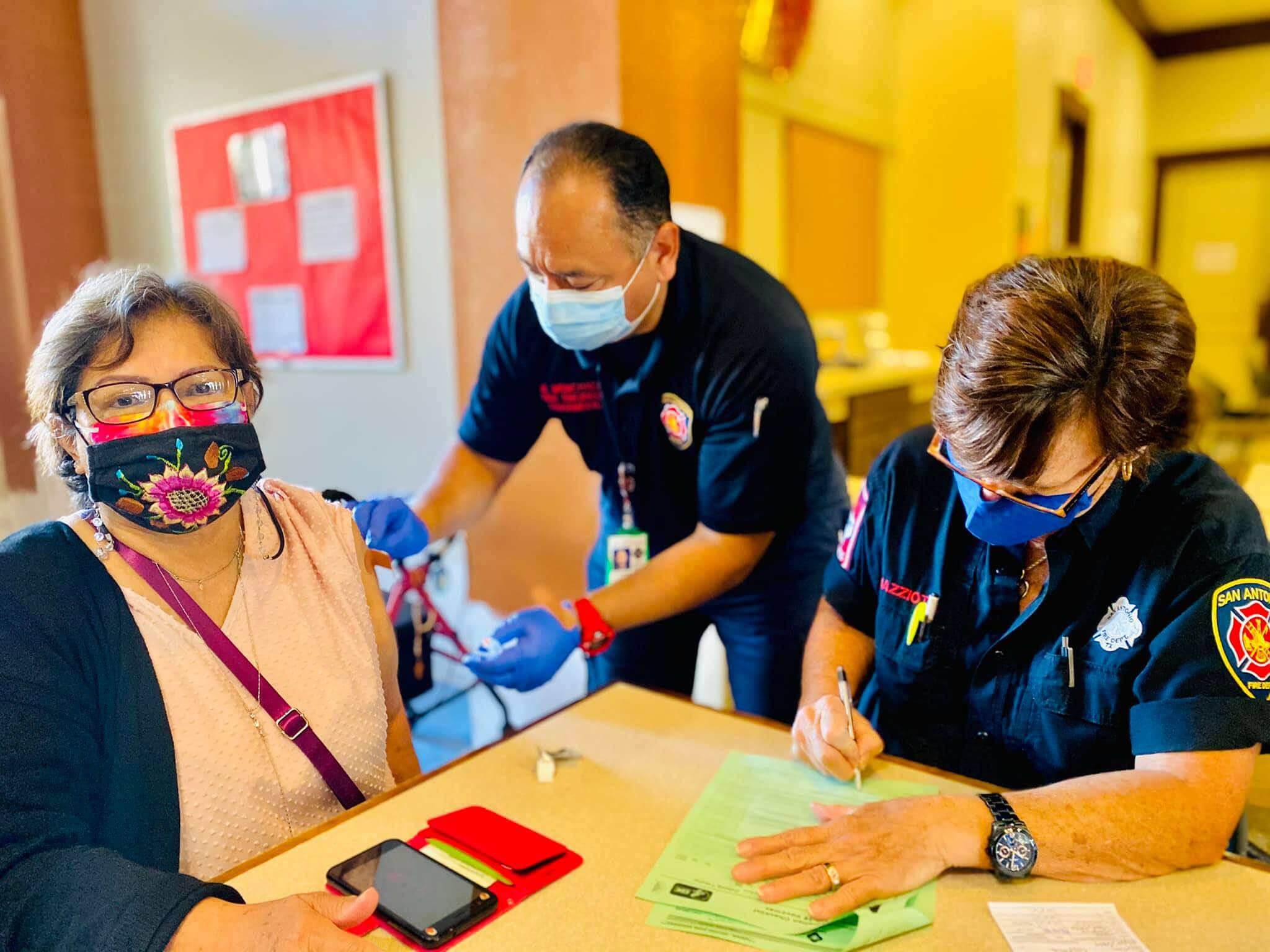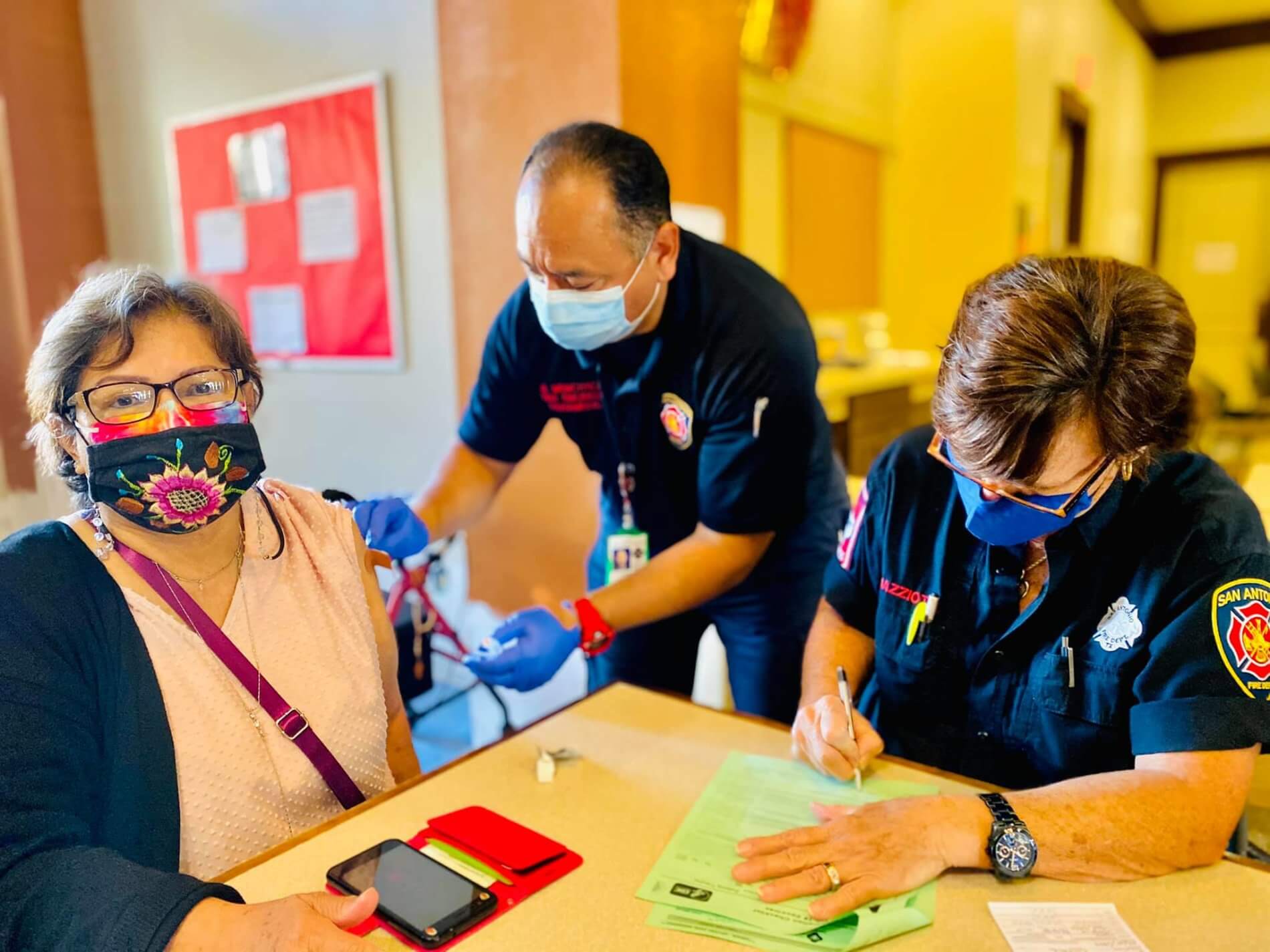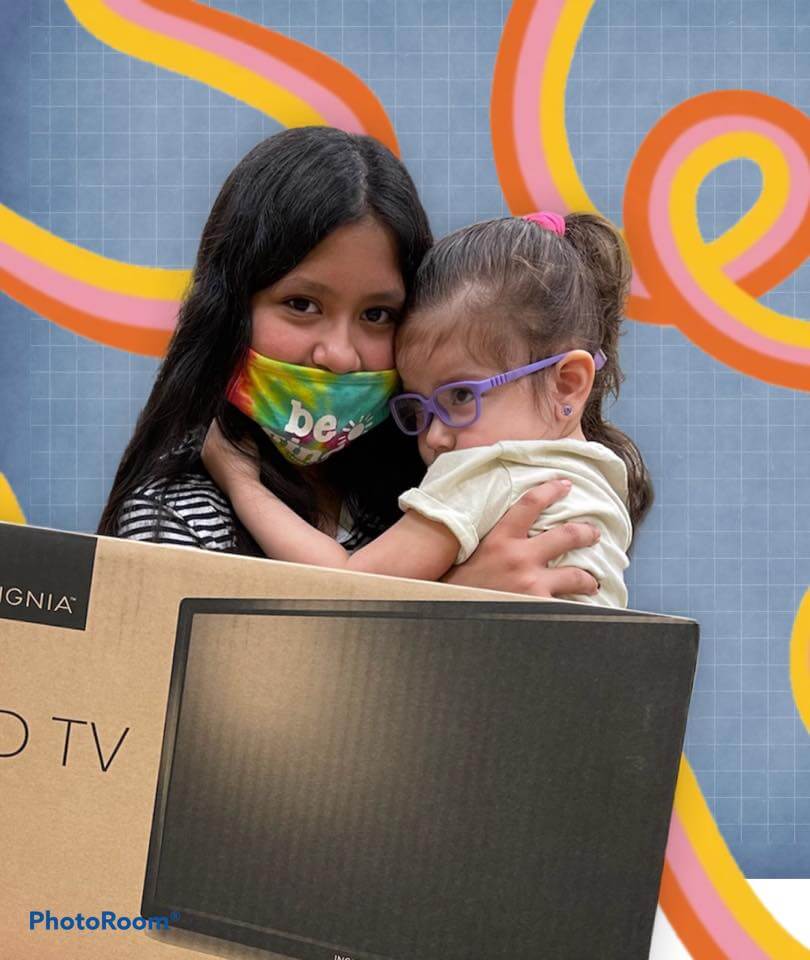

Most first-time expecting mothers don’t know all of their prenatal needs, so they are learning as they go, and they need support in that learning from their community—maybe from family, friends at church or work, or their doctor or prenatal classes.
How can mothers-to-be tap into community and build strong personal networks to help and mentor them through their first pregnancy?
The Health Collaborative, headquartered out of San Antonio’s West Side, aims to meet this need for expectant mothers—and for all those who find themselves needing to build stronger networks. For nearly 25 years, the Health Collaborative has been working to fill Bexar County’s public health gap. Today, they provide community health workers—and coordinate a network of organizations—to help people find a doctor or acquire a crib or set up childcare or whatever they need.
“The community health worker knows where the resources are, and works to remove any barriers that may exist between the resources and the individual,” says Elizabeth Lutz, executive director of the Health Collaborative.
“The community health worker knows where the resources are.”
If purchasing diapers is a hurdle, they point the mom-to-be in the direction of the Texas Diaper Bank. If lack of food is an issue, they help them apply for SNAP or WIC benefits. The tasks would be daunting for anyone who is forced to go it alone.
And they don’t just serve expectant mothers. Community health workers are trained to help anyone with any need they may have. If people need help paying the rent during the pandemic, a community health worker helps apply for the city’s housing assistance program—a process that can be burdensome for those who don’t have access to computers or perhaps need help completing paperwork in English.
Last March the Health Collaborative mobilized over 50 partner organizations to distribute food after Winter Storm Uri. Lutz’s team handled 400 boxes of food directly and “had 5700 boxes for partner pick up, so total it was 6300 boxes of food to community neighborhoods.”

Health is the best prize but a drawing with prizes for the whole family doesn’t hurt at a June vaccination clinic.
It doesn’t matter if they’re in their 20s or 80s, no one is turned away, says Lutz.
A holistic assessment identifies and addresses barriers in the client’s life—such as transportation, childcare, hunger, or clothing—that could help them improve their chances of graduating from a workforce training program, for example.
Connecting their client with needed resources, the community health worker acts as both liaison and champion every step of the way. They visit people in their homes, they talk with other members of the family.
The Health Collaborative is a leader of the Growing Healthy Together initiative, a group of 15 other nonprofits and grassroots organizations who also employ community health workers through the Pathways Community HUB. Other partners include the Martinez Street Women’s Center, the Mexican American Unity Council, Redeeming Grace Church, the Madonna Center and Dream Center San Antonio.
The Health Collaborative is responsible for procuring the hub’s funding and for distributing the funds to the smaller organizations. Payments are made on an outcome, evidence-based system. The Health Collaborative is also responsible for other community health workers’ various training and certifications. And they provide eight in-house community health workers to help anyone who needs it.
“Connecting their client with needed resources, the community health worker acts as both liaison and champion every step of the way.”
Referrals to the hub come from just about anywhere—community healthcare providers, the United Way of San Antonio and Bexar County, City Council members’ offices, the mayor’s office, other agencies and organizations. The Health Collaborative also does outreach work.
Right now, the organization is helping to host pop-ups related to COVID vaccine or educational clinics, as well as for back-to-school supplies.
Lutz likened the current situation amid the rise of the Delta variant as a triage: there’s more people seeking its services than they have community health workers for.
“I mean we have a backlog, and that’s why we’re asking for additional resources to onboard more community health workers that can be dedicated,” Lutz said.
To learn more about the Health Collaborative or provide financial support to the Grow Healthy Together Pathways Community HUB, visit Grow Healthy Together.